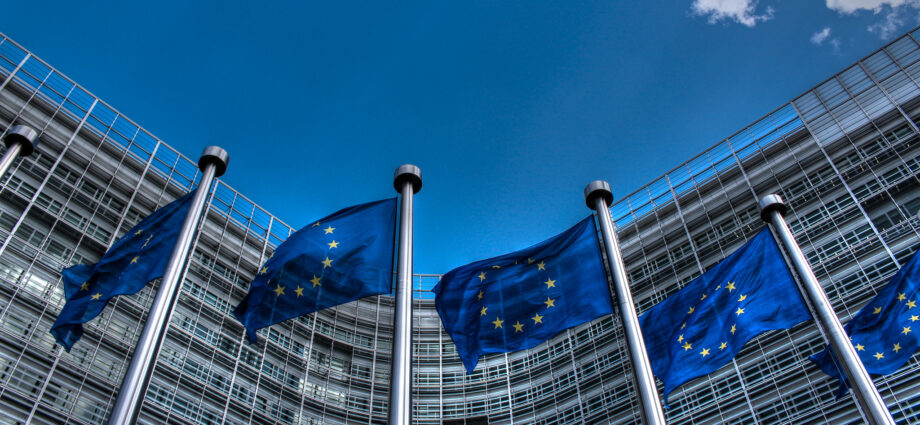
Council and Parliament unveil new rules to enhance transparency and reliability in ESG rating activities
by Matt Davies
February 7, 2024
The European Council and Parliament reached a provisional agreement on February 5 on a groundbreaking regulation aimed at enhancing environmental, social, and governance (ESG) rating activities and boosting investor confidence in sustainable products.
More specifically, the measures should “strengthen the reliability and comparability of ESG ratings by improving the transparency and integrity of the operations of ESG ratings providers and preventing potential conflicts of interests,” the EU explains.
As part of the new regulatory framework, ESG rating providers will be subject to authorization and supervision by the European Securities and Markets Authority (ESMA). They will have to comply with transparency requirements, “in particular with regard to their methodology and sources of information.”
“I welcome this agreement,” Belgian Finance Minister Vincent Van Peteghem said. “Increasing investor confidence through transparent and regulated ESG ratings can have a significant impact on our transition to a more socially responsible and sustainable future.”
The agreement: Key provisions
- Clarification: The new agreement clarifies the following:
- the circumstances under which ESG ratings fall under the scope of the regulation;
- the territorial scope of the regulation; and
- that ESG ratings encompass environmental, social and human rights or governance factors.
- Methodology included: Through an amendment to the Sustainable Finance Disclosure Regulation, financial market participants or financial advisers who will be disclosing ESG ratings will need to include the methodology behind the ratings on their websites.
- ESG Rating Provider Oversight: ESG rating providers, both within and outside the EU, will face increased scrutiny. EU-based providers will require authorization from ESMA, while those outside the EU — who want to operate in the Bloc — will need to obtain an endorsement from an EU-authorized provider or be included in the EU registry based on equivalence decisions and dialogue with ESMA.
- Lighter Regime for Small Providers: A temporary three-year registration regime, exempt from ESMA supervisory fees, will be introduced for small ESG rating providers. Compliance with general organizational principles, transparency requirements, and ESMA’s investigative powers will be required. Small providers can seek exemptions from certain requirements under specific conditions.
- Separation of Business and Activities: The agreement introduces the principle of separating business and activities for ESG rating providers — “with a possibility for ESG ratings providers not to set up a separate legal entity for certain activities, provided that there is a clear separation between activities and that they put in place measures to avoid potential conflicts of interests.” Certain activities, such as consulting, auditing, and credit rating, are excluded from this derogation.
The agreement now awaits approval by the Council and Parliament, initiating the formal adoption procedure. Once approved, the regulation is set to come into force, with implementation starting 18 months thereafter.
Subscribe to our newsletter.
This article was originally published on IMPAKTER. Read the original article.


